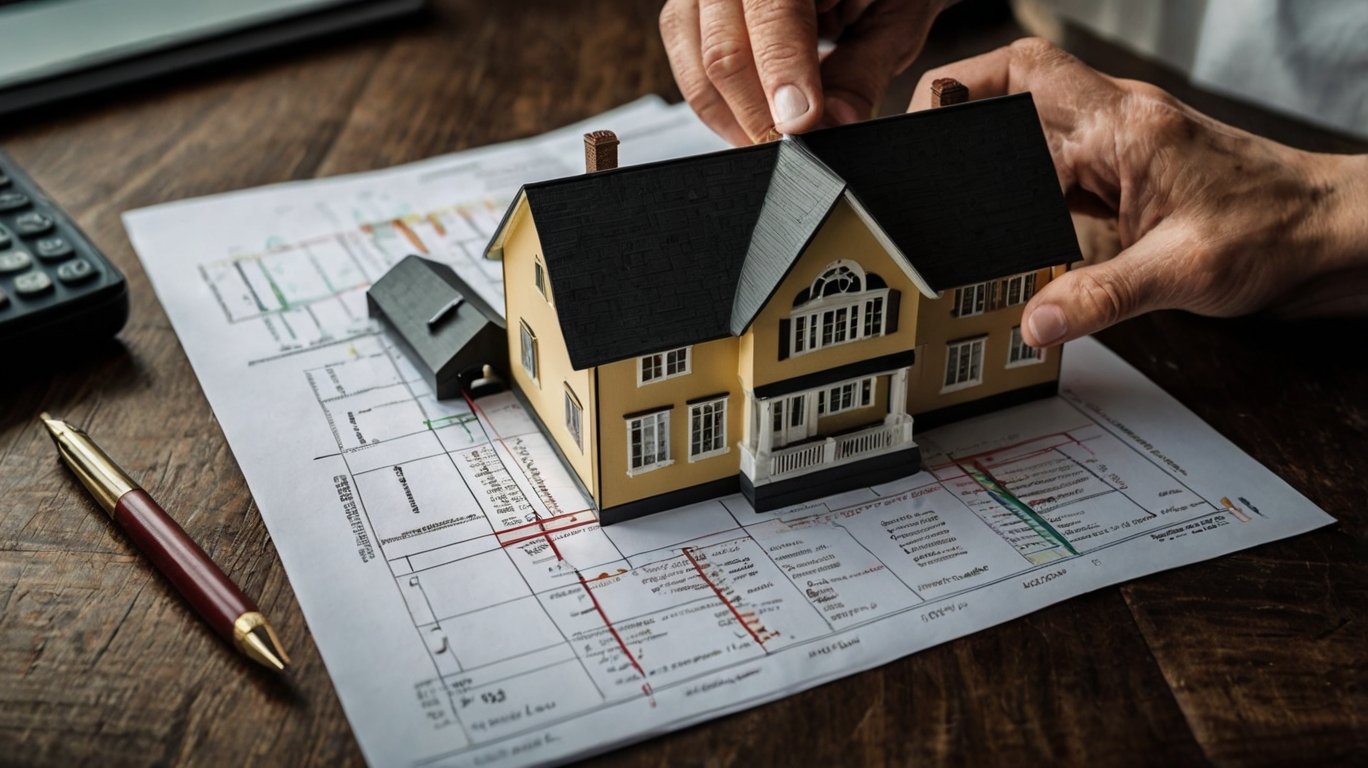Navigating the real estate market can feel like exploring a maze without a map, especially when it comes to analyzing listings. Whether you’re a first-time homebuyer, an investor looking for the next big opportunity, or simply curious about property values, knowing how to effectively analyze real estate listings is crucial. This guide will equip you with the skills to dissect listings like a seasoned pro, making your property search or investment decisions more strategic and informed.
Understanding the Basics of Real Estate Listings
What is a Real Estate Listing?
A real estate listing is essentially a detailed description of a property that’s for sale or rent. It typically includes key details like price, location, size, and features. Understanding what information is included and how it’s presented is the first step in analyzing listings effectively.
Key Components of a Listing
Real estate listings usually contain several core elements:
- Property Description: An overview of the property’s features and amenities.
- Photos and Videos: Visuals that showcase the property.
- Price: The asking price or rent amount.
- Location: The property’s address and neighborhood information.
- Specifications: Details such as square footage, number of bedrooms and bathrooms, and lot size.
Analyzing the Property Description
Evaluating the Language Used
The language in a property description can offer insights into the property’s appeal and the seller’s intentions. Phrases like “cozy” might suggest a smaller space, while “luxurious” could imply high-end finishes.
Identifying Key Selling Points
Look for unique features or recent upgrades that might add value, such as a renovated kitchen or energy-efficient windows. These selling points can make a property more attractive and justify a higher price.
Examining Photos and Videos
Assessing Quality and Relevance
High-quality photos and videos are crucial for understanding a property’s condition and layout. Check for clarity and ensure that the visuals correspond to the property description.
Looking Beyond the Aesthetics
While photos can make a property look appealing, they can also be misleading. Look for signs of wear and tear or potential red flags, such as unusual angles or shadows that might hide flaws.

Evaluating the Price
Comparing with Similar Properties
To determine if the price is reasonable, compare it with similar properties in the area. Consider factors like location, size, and condition to gauge whether the listing price is competitive.
Understanding Market Trends
Research local real estate trends to see if prices are rising or falling. This context can help you understand if the listing price is aligned with current market conditions.
Investigating the Location
Analyzing the Neighborhood
The neighborhood can significantly impact a property’s value. Research local amenities, schools, and public transportation. A good location often translates to a better quality of life and higher property values.
Checking Future Developments
Look into any planned developments or zoning changes in the area. Upcoming projects can affect property values, either positively or negatively.
Reviewing Specifications
Understanding Square Footage
Check the listed square footage and compare it to similar properties. This can give you a sense of the property’s size and whether it meets your needs.
Evaluating Bedrooms and Bathrooms
Ensure the number of bedrooms and bathrooms aligns with your requirements. Consider how these elements impact your lifestyle and future resale value.

Assessing Property Condition
Identifying Red Flags
Be wary of listings with vague descriptions or limited photos. These might indicate underlying issues with the property.
Requesting a Home Inspection
For a more in-depth analysis, consider arranging a professional home inspection. This can uncover hidden problems that could affect the property’s value.
Calculating Potential ROI
Estimating Rental Income
If you’re investing in rental properties, calculate potential rental income and compare it with the asking price. This can help determine if the property offers a good return on investment.
Factoring in Expenses
Consider additional costs such as property taxes, maintenance, and insurance. These expenses can impact your overall profitability.
Understanding Market Comparisons
Comparative Market Analysis (CMA)
A CMA provides a detailed comparison of similar properties that have recently sold in the area. This analysis helps determine if a property is priced appropriately.
Using Online Tools
Leverage online tools and platforms that offer automated valuation models (AVMs) to get an estimate of a property’s market value based on comparable sales.
Evaluating Seller’s Motivation
Identifying Signs of Urgency
Assess whether the seller is motivated by urgency, such as a quick move or financial pressure. This can impact your negotiation strategy.
Understanding Seller’s Goals
Understanding the seller’s goals can provide leverage in negotiations. For instance, a seller looking to relocate quickly might be more flexible on price.
Considering Long-Term Value
Evaluating Property Potential
Think about the property’s long-term potential. Consider factors like its suitability for future renovations and its potential for appreciation.
Assessing Market Stability
Research the stability of the local real estate market. A stable or growing market can offer better long-term investment prospects.

Analyzing Legal and Financial Aspects
Checking Property Records
Review property records for any legal issues, such as liens or disputes. This helps avoid unexpected legal complications.
Understanding Financing Options
Explore various financing options and their implications on your purchase. This can help you choose the best financial strategy for acquiring the property.
Making the Final Decision
Weighing Pros and Cons
List the pros and cons based on your analysis. This can help you make an informed decision about whether to proceed with the purchase.
Consulting with Experts
If needed, consult with real estate agents, financial advisors, or legal experts to ensure you have covered all bases before finalizing your decision.
Negotiating the Purchase
Crafting a Competitive Offer
Based on your analysis, craft an offer that reflects the property’s true value and your budget. A well-researched offer can improve your chances of acceptance.
Handling Counteroffers
Be prepared to negotiate and handle counteroffers. Effective negotiation can help you secure a better deal or address any concerns.
Closing the Deal
Finalizing the Paperwork
Ensure all paperwork is in order and review all terms before closing the deal. Proper documentation is crucial to a smooth transaction.
Transitioning to Ownership
Plan for the transition to ownership, including moving logistics and any immediate renovations or repairs needed.
Conclusion
Analyzing real estate listings with a critical eye can make all the difference in finding the perfect property or investment. By understanding the components of listings, evaluating key details, and leveraging market knowledge, you can navigate the real estate market like a pro. Whether you’re buying your dream home or investing in a rental property, a thorough analysis will empower you to make informed decisions and secure the best possible deal.
Related Articles
- How to Find the Best Real Estate Deals in Your Area
- Understanding Real Estate Appraisals
- Real Estate vs. Stocks: Which Investment is Better?
FAQs
- What are the most important factors to consider when analyzing a real estate listing? Key factors include the property description, photos, price comparison, location, and property condition.
- How can I determine if a property’s price is fair? Compare the listing price with similar properties in the area and consider current market trends.
- What should I look for in a property’s photos? Look for clarity, relevance, and any signs of wear or hidden issues that might be obscured.
- How can I assess the long-term value of a property? Evaluate the property’s potential for appreciation, market stability, and suitability for future renovations.
- Is it worth getting a home inspection before buying? Yes, a home inspection can uncover hidden issues and provide a clearer understanding of the property’s condition.
